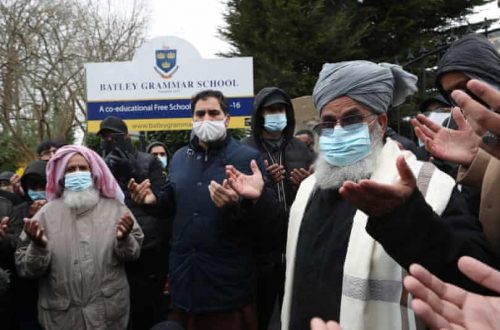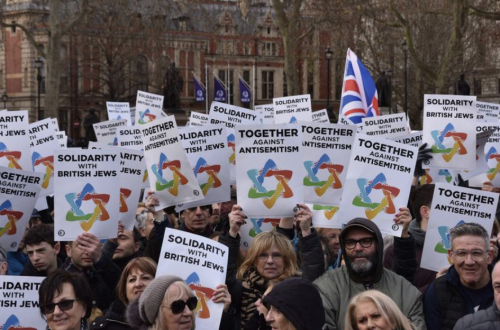Even the worst criminals should be granted certain rights – in particular a fair trial to ensure they really are criminals. And vile people as well as nice ones may sometimes be accused of crimes they haven’t committed. That’s wrong – but it doesn’t make them any less vile. I’m no great fan of Peter Oborne, but he makes a similar point quite well here, taking issue with some aspects of the way Abu Qatada has been treated by the government while deploring his views:
Abu Qatada certainly seems to be a thoroughly undesirable and nasty piece of work. Tapes of his sermons were discovered in a flat used by one of the Twin Towers bombers. He is accused of being the spiritual leader of al-Qaeda in Europe, and is sought in his native Jordan for an attempt to murder tourists. Not merely that – he is on record as justifying suicide-bombing and, it is said, preaching anti-Semitism.
By contrast, in this recent CIF article, Victoria Brittain doesn’t simply take issue with the way the case of Abu Qatada has been handled. She glosses over all his hateful views and words and offers instead a sickly defence of his personal qualities which has no logical bearing on the issue of his guilt or his treatment by the UK:
Our security services and politicians turned this man into an Islamic counter-terrorism myth. If instead they had chosen to talk to him, as I have many times, they would have found that the man behind the myth is a scholar with wide intellectual and cultural interests. He wrote books while he was in prison. His home is filled with books. His children have excelled at school, with help and encouragement from his daily phone calls from prison.
Since when did writing books while in prison become a proof of good character?


